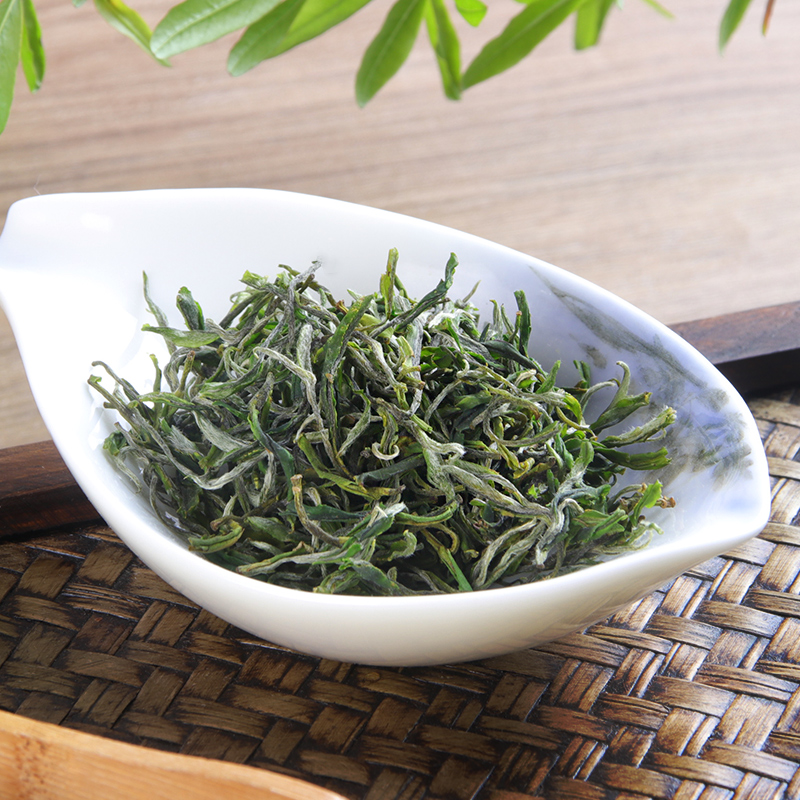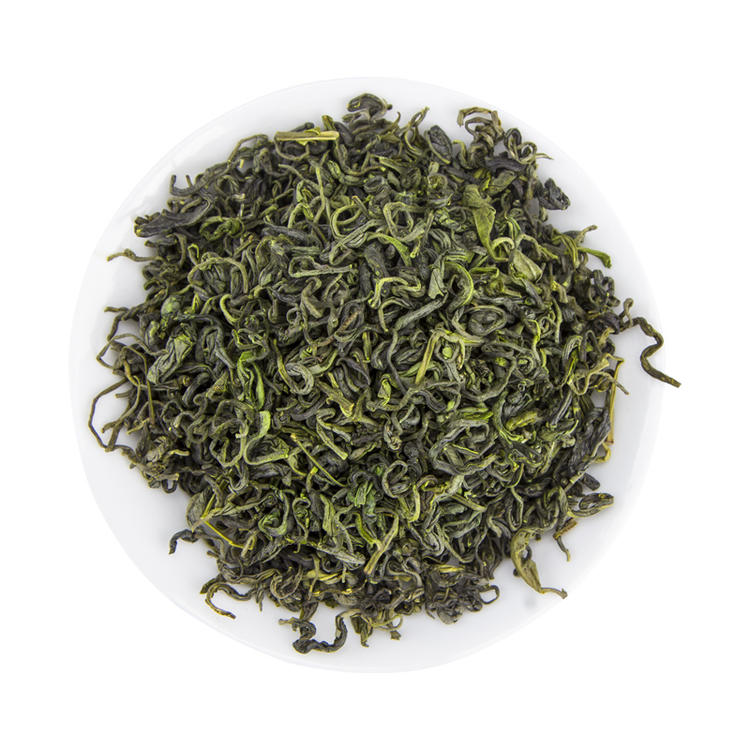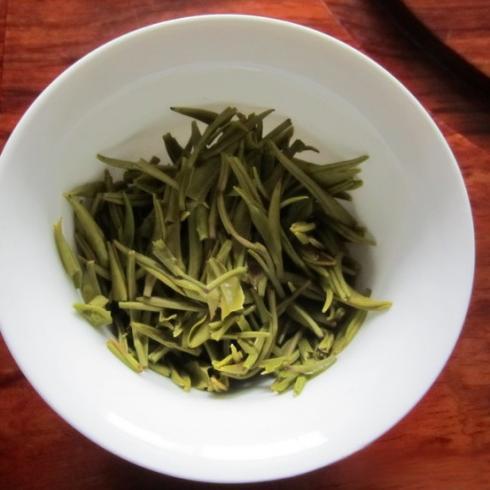Nestled in the mist-laden valleys of Huangshan (Yellow Mountain) in Anhui Province, 黄山云雾 (Huángshān Yúnwù) emerges as one of China’s most revered green teas. Celebrated for its ethereal aroma and poetic name—meaning “Yellow Mountain Cloud and Mist”—this tea embodies the mystique of its birthplace, where jagged granite peaks pierce the clouds and ancient pine trees cling to cliffs. Let us embark on a journey through its history, craftsmanship, and cultural resonance.

Origins & Mythical Heritage
Legend traces Huangshan Yunwu’s origins to the Tang Dynasty (7th–10th centuries), when Buddhist monks cultivating tea on Huangshan’s slopes discovered that leaves grown amidst perpetual mist acquired a unique sweetness. The tea gained prominence during the Ming Dynasty, when it was immortalized by poet Tong Zongyi as “the essence of clouds and dew.” Today, it remains a symbol of Anhui’s tea-making prowess and a favored tribute to dignitaries.
Terroir: Where Heaven Meets Earth
The tea gardens of Huangshan occupy a UNESCO World Heritage Site, where:
- Altitude: 600–1,000 meters above sea level, shrouded in year-round fog.
- Soil: Volcanic loam enriched by decaying pine needles and mineral-rich bedrock.
- Climate: Frequent rainfall, cool temperatures, and sharp day-night temperature shifts.
These conditions slow leaf growth, allowing the tea to accumulate amino acids and aromatic compounds, resulting in its signature freshness.
Craftsmanship: The Art of Capturing Mist
The production of Huangshan Yunwu is a meticulous dance with nature:
- Plucking: Only the bud and one tender leaf are harvested in early spring, often by skilled pickers scaling steep slopes.
- Withering: Leaves are spread on bamboo trays in shaded huts to soften without losing moisture.
- Fixation (Killing Green): Pan-fried in woks at 180–200°C to halt oxidation, a process requiring constant motion to prevent scorching.
- Rolling: Leaves are shaped by hand into tight, spiral curls, releasing a creamy, orchid-like fragrance.
- Drying: Final roasting over charcoal at 50–60°C to enhance durability and lock in aroma.
Aesthetic & Sensory Profile
When steeped, Huangshan Yunwu reveals its ethereal character:
- Appearance: Leaves unfurl into jade-green needles adorned with silver down.
- Liquor: Bright golden-green hue, reminiscent of mountain springs.
- Aroma: Delicate orchid and chestnut notes with hints of fresh bamboo.
- Taste: Smooth, vegetal freshness transitions to a lingering sweetness akin to roasted chestnuts.
Brewing Rituals
To honor its legacy:
- Water: Use soft, spring water heated to 75–80°C (167–176°F).
- Ratio: 3 grams of tea per 150 ml (1:50 tea-to-water ratio).
- Vessel: Glass cup or porcelain gaiwan to admire the unfurling leaves.
- Infusion: First steep for 1–2 minutes; extend subsequent brews by 30 seconds (up to 5 infusions).
Authenticity & Grading
Genuine Huangshan Yunwu is distinguished by:
- Appearance: Uniform, needle-like leaves with silver tips.
- Aroma: Fresh, floral fragrance without smokiness.
- Liquor: Crystal-clear jade-green hue.
- Infused Leaves: Plump, emerald-green, and intact.
Graded into Superior, Premium, and Standard tiers based on leaf uniformity, pluck standard, and craftsmanship. Superior-grade tea, harvested before Qingming Festival, commands 100–250 per 100 grams, while Standard grades range from 40–100.
Healthful Alchemy
Rich in polyphenols, catechins, and vitamin C, Huangshan Yunwu offers:
- Antioxidant Power: Combats free radicals linked to aging and cancer.
- Cardiovascular Support: Lowers cholesterol and improves blood circulation.
- Mental Clarity: L-theanine promotes focus without jitters.
- Digestive Aid: Historically used to alleviate bloating and improve metabolism.
Cultural Resonance
Beyond its cup, Huangshan Yunwu is woven into Chinese folklore and art. Painters have long sought to capture its birthplace’s mist-shrouded peaks, while poets have likened its aroma to “the breath of immortals.” Today, it remains a symbol of Anhui’s tea heritage, a bridge between earthly landscapes and celestial ideals.
In every sip of Huangshan Yunwu, one encounters not just a tea, but the spirit of China’s sacred mountains—a tribute to the harmony between humanity and nature.



